Stage review: Paper Dolls at Mosaic Theater
Drag pageantry and performance take a backseat to affecting drama in Mosaic’s Paper Dolls.

Philip Himberg’s Paper Dolls (★★★½) illuminates a unique immigrant experience with humor and empathy. The play with music is based on a 2006 documentary about five transgender Filipinos living in Israel, who care for elderly Orthodox Jewish men by day and perform as a drag troupe by night.
The drag karaoke musical numbers might be the main draw for Mosaic Theater’s production, but they’re not the highlight. While the delightful drag stylings capture the buoyant let’s-put-on-a-show spirit of The Full Monty, the dramatic performances of the Paper Dolls themselves are what elevate this fictionalized account from enjoyable entertainment to something profoundly moving.
First, there’s Sally, rendered brilliantly by Ariel Felix as the loving mother of two houses. As one of approximately 300,000 foreign service workers brought to Israel on strictly limited work visas, Sally has become more than just a nurse to her charge, widower Chaim (Christopher Bloch). She’s also a dear companion, embraced practically as the lady of the house, much to the distress of Chaim’s visiting daughter Adina (Lise Bruneau), who lives in New York and wants to take her father back there to stay with her.
Felix and Bloch convey facets of the struggle and growth that must have preceded the stable relationship Sally and Chaim now enjoy. Over time, they’ve carved out an affectionate domesticity that resists Adina’s attempts to impose her will. Similarly, Sally resists Adina’s or anyone’s attempts to impose upon her their definitions of gender. She knows the answer to queries of whether she’s a man, woman, or drag queen is simply that she is truly herself. In the play, the Dolls represent a spectrum of LGBTQ experiences, from proudly gay to unapologetically trans.
Felix embodies Sally as a person who commands respect regardless of any judgments of her gender presentation. Treating a gender nonconforming person like a person, not a set of problems, will seem a fundamental concept to many, but present-day politics drive home the necessity of depicting the skeptical Adina’s arc of learning to see Sally for the valuable caregiver she is.
Among the Dolls, Sally is admired for her wisdom and composure, and for the upright example she sets for Cheska (Rafael Sebastian), Zhan (Evan D’Angeles), and Chiqui (Kevin Shen). Chiqui’s younger brother Giorgio (Jon Norman Schneider), the most recently arrived in this sisterhood of queer immigrants, could stand to learn some of Sally’s people skills.
Schneider brings a bracing restlessness to diva-esque Giorgio, who introduces the group to Israeli filmmaker Etai (John Bambery), an ambitious hustler chasing his dreams in Tel Aviv. Exhibiting little regard for the effects his actions might have on the Dolls’ security, livelihood, or immigration status, Etai must learn a few lessons. Despite a “very-special-episode” formula to the script’s messaging, the cast manages to put across the various life lessons with panache — or chutzpah, as the case may be with the chorus of dancing rabbis.

D’Angeles, who offers a broad, if fairly thin, characterization as attention-seeking Zhan, serves up a healthy dose of comic relief, both in scenes of the Dolls kibitzing around their dressing room, and in their musical numbers. His singing and showmanship add ballast to those performances, which, since the characters are only semi-professionals, are supposed to appear not uniformly polished. Indeed, these girls, for the most part, aren’t Drag Race-ready, yet Brokaw and his ensemble find myriad ways to make the Dolls’ amateur artistry amusing. The troupe receives a major assist from Frank Labovitz’s jaunty costumes, some of which are literally made of paper.
The paper dresses register more dimension and creativity than a couple of the characterizations, at least as written. Thankfully, as the Paper Dolls dance around some of their sisters’ limitations, so too does the cast — Felix, Bloch, and Bruneau, in particular — maneuver adroitly around the script’s limitations to portray a delicate, fragile and life-changing friendship.
To April 29 at the Atlas Performing Arts Center, 1333 H St. NE. Tickets are $20 to $60. Call 202-399-7993, ext. 2 or visit mosaictheater.org.
Support Metro Weekly’s Journalism
These are challenging times for news organizations. And yet it’s crucial we stay active and provide vital resources and information to both our local readers and the world. So won’t you please take a moment and consider supporting Metro Weekly with a membership? For as little as $5 a month, you can help ensure Metro Weekly magazine and MetroWeekly.com remain free, viable resources as we provide the best, most diverse, culturally-resonant LGBTQ coverage in both the D.C. region and around the world. Memberships come with exclusive perks and discounts, your own personal digital delivery of each week’s magazine (and an archive), access to our Member's Lounge when it launches this fall, and exclusive members-only items like Metro Weekly Membership Mugs and Tote Bags! Check out all our membership levels here and please join us today!



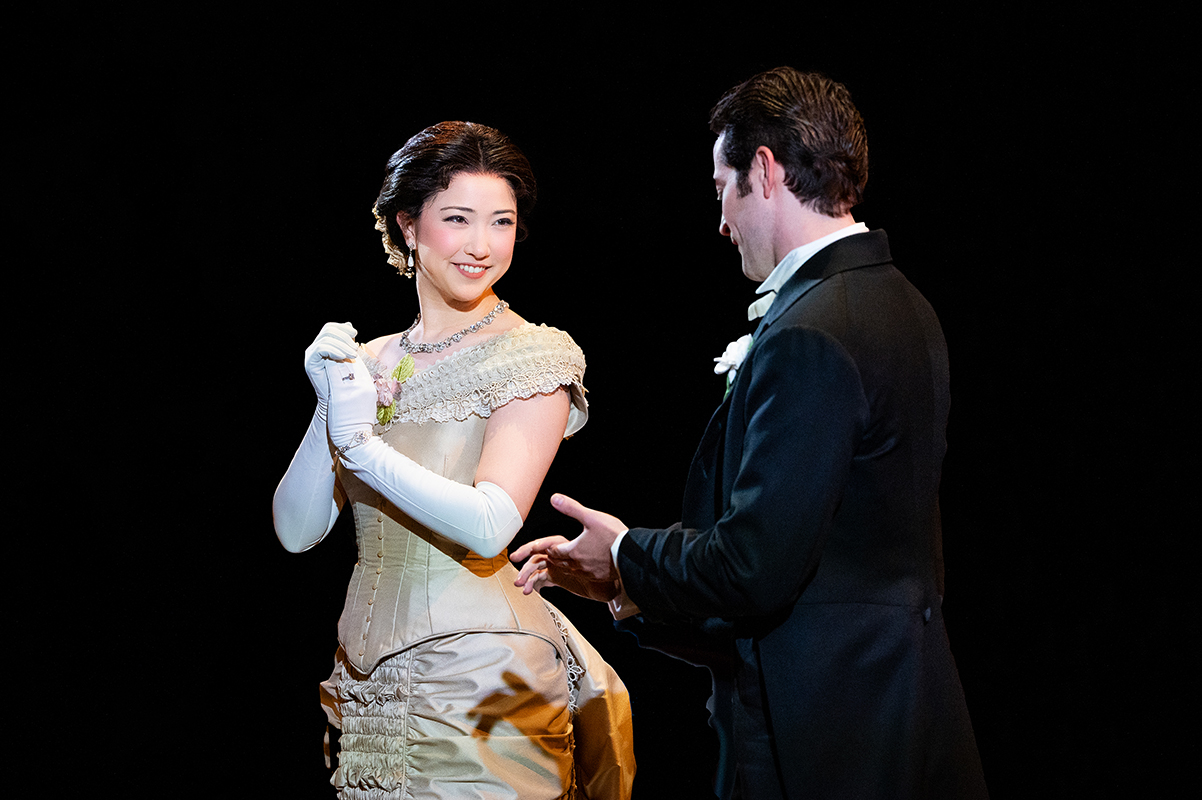
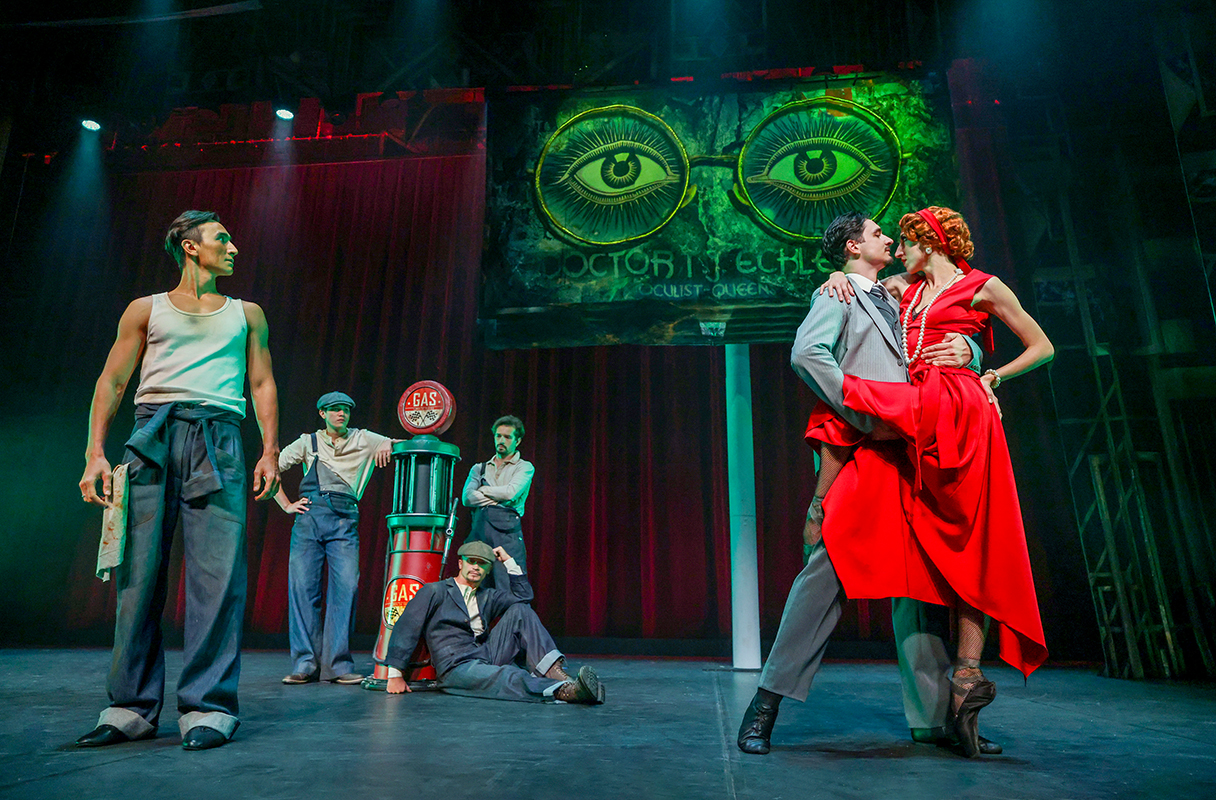















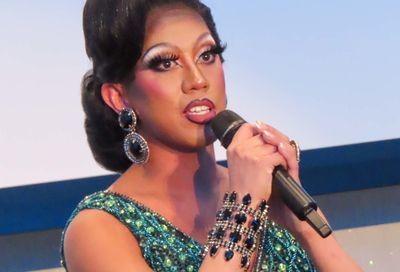
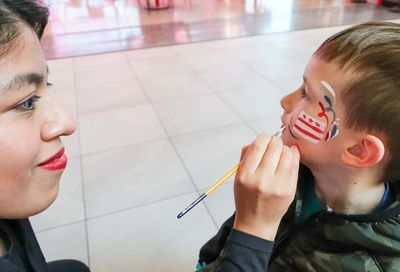
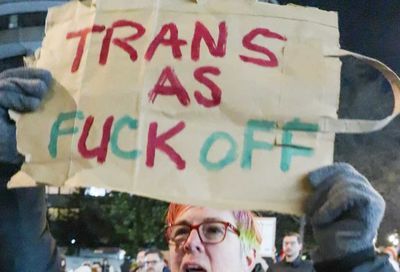
You must be logged in to post a comment.